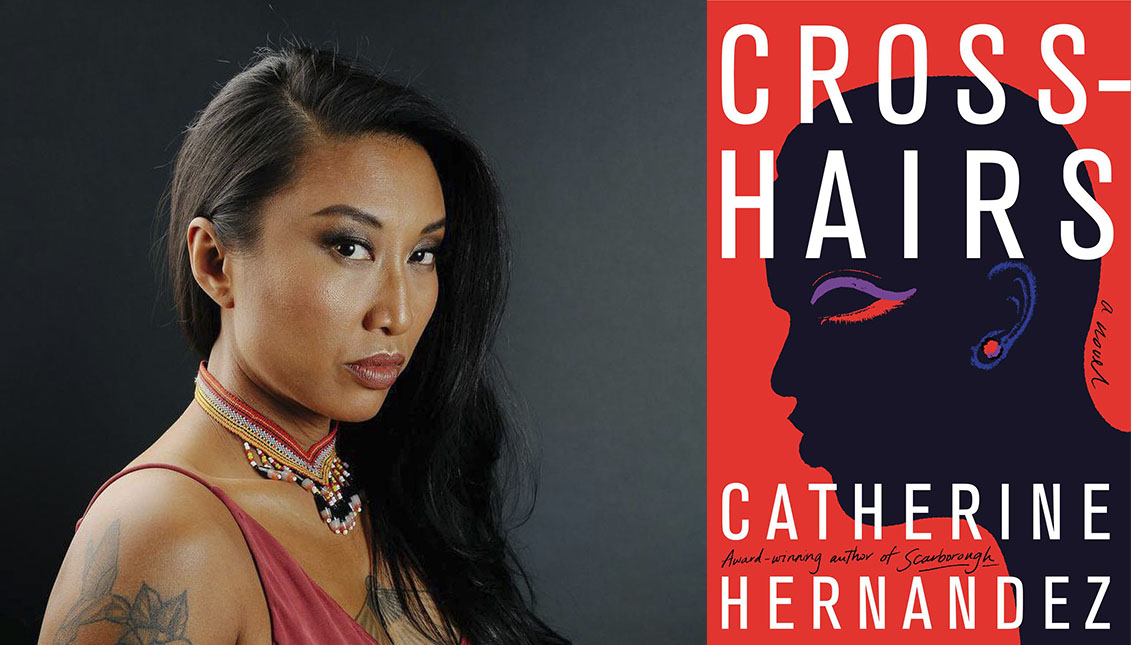
'Crosshairs', a fierce dystopia where the "Other" is hero
Starring a mestizo drag queen and set in an apocalyptic Canada, Catherine Hernandez's latest novel is a call to resistance from all the collectives wronged by…
2020 has been a year that could easily have been captured in a political, science-fiction novel. If reality often surpasses fiction, both affect each other in a dance that impels us towards change.
When Catherine Hernandez wrote Crosshairs, her most recent novel, she did so on the basis of a question: "Do I need to arm myself since the world is changing so horribly?"
The 2016 massacre at Orlando's Pulse Club had occurred, targeting LGBTQ people and people of color.
Although it was not an isolated event, atrocities like it, perpetrated against historically marginalized communities, had their peak in 2020 and unleashed the wrath of a population tired of living in inequality and fear.
It's a parallel world to the one Hernandez recreates in Crosshairs, describing a Toronto where institutionalized violence against the so-called "Others" — trans, queers, people of color and the disabled — reigns after great floods have made the privileged use genocide to feel safe.
This is where Kay comes in, a Jamaican-Philippine drag queen who joins a resistance movement, which also has some white allies, to overthrow a government whose riots are killing and enslaving minorities in workhouses.
In an exercise that is as painful as it is frenetic, Hernandez unravels the stereotypes of race and gender to reflect characters with diverse identities that are fighting for the same cause.
However, she does not reveal how this identity affects the evolution of characters.
But she does grapple with the common criticisms of Black, Brown, and Asian communities, and but does not reflect them as victims of white discourse.
They are "resistant," and their vulnerability makes them stronger.
With a fast pace and at times very lyrical and intimate style — the flashbacks of the novel reflect the before and after the fateful period of " renovation" and the descriptions are more physical and sensory — Crosshairs seems to be a book of more than "visionaries," but parables of an era.
A time where, as the author writes, where security is fragile and life is the same.
Could it be that science fiction has stopped being the harbinger of the dangers of the future to become the most realistic (though symbolic) form of literature in our present?












LEAVE A COMMENT: